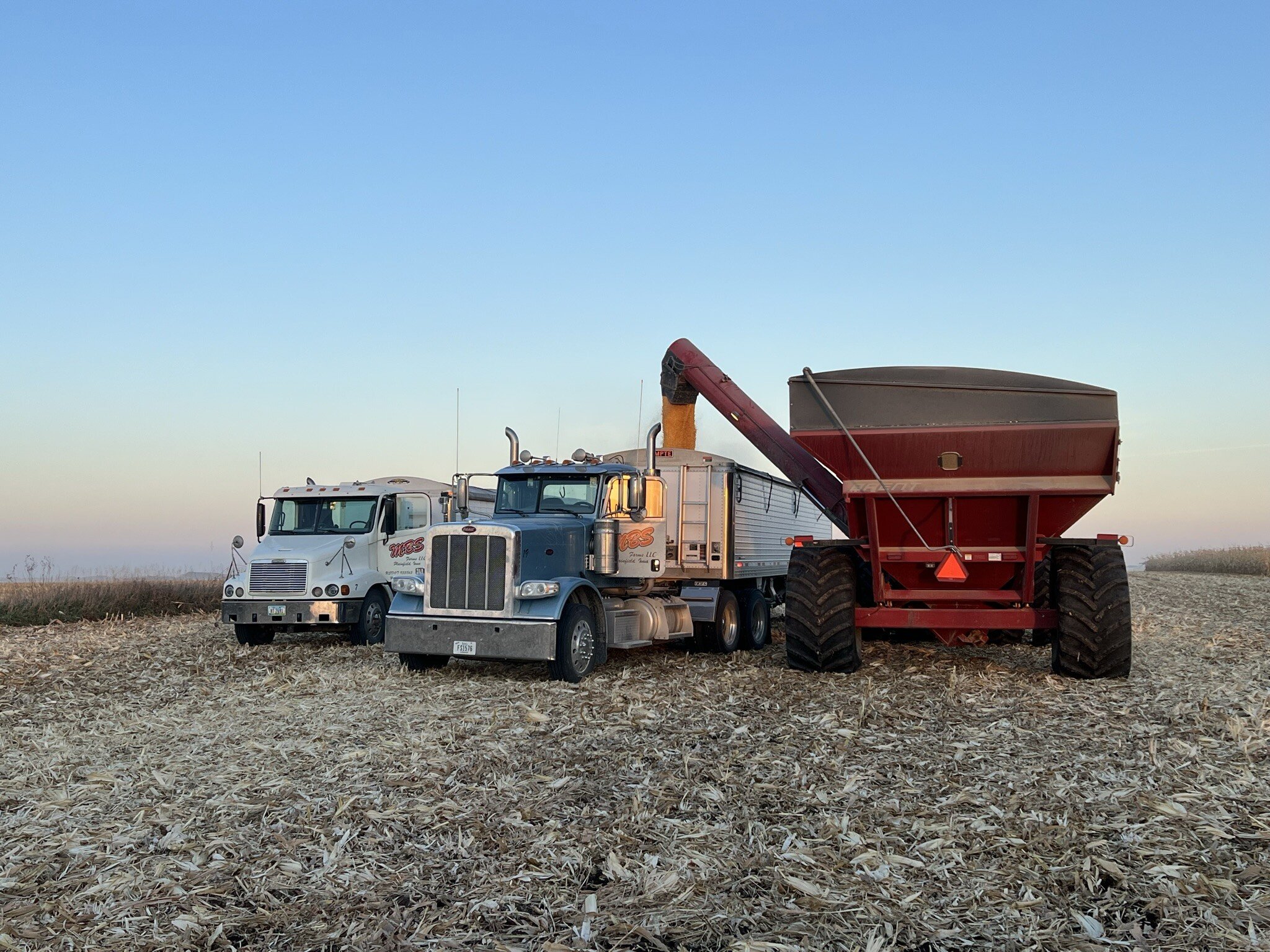Have you ever had to deal with a farm employee who is just “difficult” to manage? As a manager, you are eventually going to encounter an employee who is difficult to work with. Either they do not perform well, they are great workers but have a poor attitude, they have a hard time getting along with the rest of the team, they never want to listen or follow directions, or they want to do well but they don’t ever seem to meet expectations.
Managers tend to either ignore these issues when they evolve in the workplace, or they spend way too much time trying to resolve the problem. According to the Society for Human Resources Management, managers spend well over 57% of their time managing difficult employees. Learning how to effectively manage difficult farm employees at your operation is key. What is the plan for resolving issues? How do you know when it’s time to part ways? These are all questions I hear on a daily basis.
Here are some tips to help you in managing difficult farm employees in the workplace:
-
Determine the problem. Focus on the facts.
-
Take action and give feedback immediately.
-
If the problem relates to performance, did the employee have adequate training? Does the employee have a defined job description? If so, did the employee sign-off on the job description? Are there defined expectations? If so, did the employee sign-off on those expectations?
-
If the problem relates to a policy or procedure (employee handbook), did the employee understand your expectations in the workplace? Did they know you had a policy or procedure in place? Can you prove that the employee received a copy of the policy?
-
If the problem relates to bullying, does the employee understand your harassment policy?
-
Establish a time for a one-on-one meeting. Make sure you pick a quiet, private place behind a closed door, where you will not be interrupted.
-
Meet with any witnesses prior to conducting the meeting with the employee, and have them complete a witness statement.
-
Establish a follow-up plan and set a deadline. Typically the manager meets with the employee to determine progress every 30, 60, and 90 days after the incident. Remember to give the employee enough time to have a chance to correct the behavior.
-
Make sure you write clearly defined goals and expectations. Have the employee sign-off on the goals and expectations, once defined.
-
Schedule follow-up meetings to discuss progress.
-
Determine if the farm employee should go through additional training. Remember, don’t do the employee’s job; instead, coach the employee on ways to perform the task to achieve the desired end result.
-
Document the conversation (date, facts, plan, etc.)
-
If the behavior is not improving, refer to your disciplinary policy in the handbook.
Remember, it’s your job to do what you can to set up your farm employees for success. After all, they are your BIGGEST asset. Without people, you can’t run your business efficiently, effectively and accurately!


.png)
